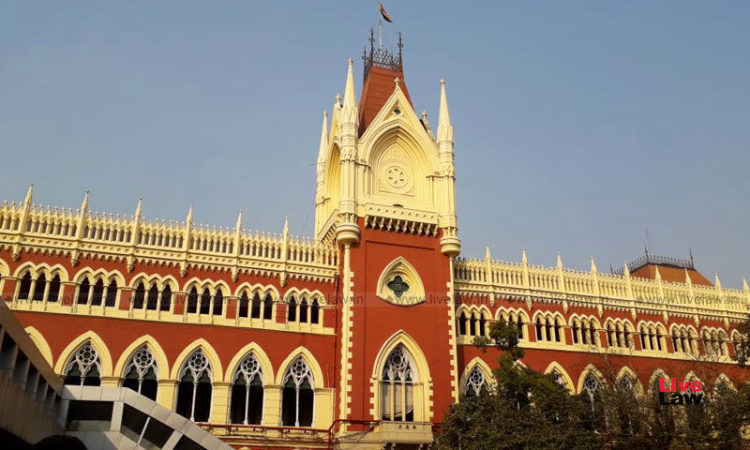Calcutta High Court Commutes Death Sentence Of Murder Convict To Life Imprisonment With No Remission For 40 Years
Udit Singh
13 April 2023 4:47 PM IST

Next Story
13 April 2023 4:47 PM IST
The Calcutta High Court on Wednesday commuted the death sentence awarded to a convict by the trial court in a double murder case to life imprisonment without remission for a period of 40 years from the date of commission of offence.The division bench of Justice Debangsu Basak and Justice Md. Shabbar Rashidi observed:“In the facts of the present case, the state has neither at the stage of...
